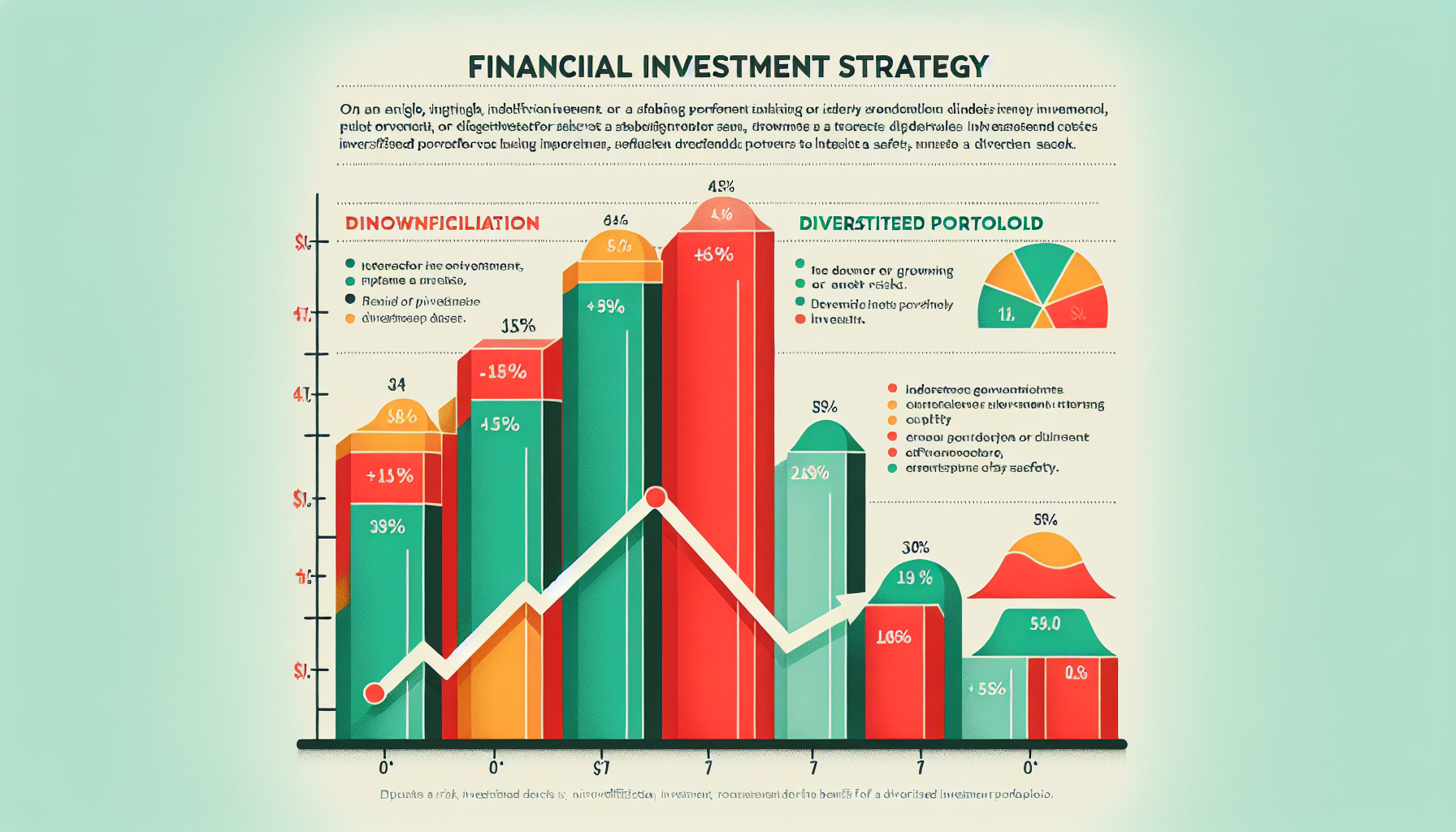The Digital Strands of Connectivity: Navigating Relationships in a Hyper-Connected World

Digital strands can be understood as the connections we forge through various online platforms. Social media sites like Facebook, Instagram, and Twitter serve as the threads that tie us to friends, family, and even strangers across the globe. These strands are characterized by their ability to transcend geographical barriers, allowing individuals to form and maintain relationships regardless of distance. For example, a study by the Pew Research Center found that approximately 72% of adults use some form of social media, indicating a significant shift in how people communicate and maintain relationships. The ability to share experiences, thoughts, and emotions through posts, comments, and direct messages creates a tapestry of interconnected lives. The digital sphere offers a unique platform for interaction, enabling users to curate their online presence and connect with others who share similar interests. However, this connectivity comes with complexities that warrant examination.
The Impact on Identity and Community
The digital strands of connectivity significantly influence our identities. Our online personas often reflect curated versions of ourselves, shaped by the content we choose to share. This phenomenon, known as “social media identity,” allows individuals to present idealized versions of their lives, leading to the perception that everyone else is living a more exciting or fulfilling life. While this can foster a sense of belonging among those with similar interests, it may also intensify feelings of isolation for individuals who struggle to fit into these curated communities. Moreover, the digital age has given rise to niche online communities that allow individuals to connect over shared interests or experiences. For instance, forums like Reddit provide spaces for people to discuss everything from mental health to hobbies, creating a sense of belonging and support. These virtual communities can be especially valuable for marginalized groups, offering a platform for voices that may otherwise go unheard. Such connections can be empowering, fostering solidarity and understanding among individuals who share similar life experiences.
The Double-Edged Sword of Connectivity
While digital strands facilitate connection, they can also lead to challenges in interpersonal relationships. The prevalence of online communication often diminishes face-to-face interactions, leading to a potential decline in emotional intimacy. A study published in the journal *Computers in Human Behavior* found that excessive social media use can result in increased feelings of loneliness and depression, as individuals may replace real-life interactions with virtual ones. This substitution can hinder the development of deep, meaningful relationships that are often nurtured through physical presence. Moreover, the phenomenon of “echo chambers”—where individuals are exposed only to information that reinforces their existing beliefs—can further complicate relationships. This insular approach can lead to polarized communities, where constructive dialogue becomes increasingly difficult. The inability to engage with diverse perspectives can hinder our understanding of one another, ultimately straining the strands of connectivity that bind us. In this context, it becomes crucial to recognize the importance of engaging with differing viewpoints to foster a more inclusive digital landscape.
Navigating the Digital Landscape
To navigate the complexities of these digital strands, it is essential to strike a balance between online and offline interactions. Encouraging meaningful conversations, both in-person and through digital platforms, can foster deeper connections. Setting boundaries around social media use can help mitigate feelings of overwhelm and isolation, allowing individuals to engage with their digital environments in a healthier manner. Additionally, cultivating digital literacy is crucial in understanding the dynamics of online relationships. Being aware of potential pitfalls, such as misinformation and cyberbullying, can empower individuals to navigate the digital landscape more effectively. Educational initiatives that promote critical thinking and responsible online behavior can enhance users' capacity to engage meaningfully in the digital space.
The digital strands of connectivity have redefined how we interact, shaping our identities and communities in unprecedented ways. While these strands offer opportunities for connection and support, they also present challenges that require careful navigation. By fostering meaningful relationships and promoting digital literacy, we can harness the power of these strands to enrich our lives and create a more inclusive and understanding digital world. As we continue to weave our narratives through these connections, it is essential to remain mindful of the impact they have on our identities and the communities we build. In a hyper-connected world, the way we engage with one another can either strengthen or fray the very fabric of our relationships, making our approach to connectivity all the more critical.
Social Media Manager
Marketing agencies, e-commerce companies, media organizations
Core Responsibilities
Develop and implement social media strategies to enhance brand presence and engage target audiences.
Monitor social media trends and analytics to optimize content performance and ensure alignment with marketing goals.
Create, curate, and manage published content across various platforms, including Facebook, Instagram, and Twitter.
Required Skills
Strong knowledge of social media platforms and their algorithms.
Excellent communication and writing skills, with a knack for storytelling.
Experience with social media management tools (e.g., Hootsuite, Buffer) and analytics platforms (e.g., Google Analytics).
Digital Community Manager
Nonprofits, tech startups, educational institutions
Core Responsibilities
Build, grow, and manage online communities across different platforms, fostering engagement and interaction among members.
Act as a liaison between the community and the organization, gathering feedback and insights to inform strategy.
Organize and facilitate virtual events, discussions, and initiatives that promote community engagement and support.
Required Skills
Strong interpersonal skills and the ability to foster a sense of belonging within digital communities.
Proficiency in community management software and analytics tools to track engagement metrics.
Experience in conflict resolution and managing online discourse.
Content Strategist
Digital marketing agencies, corporate marketing teams, media publishers
Core Responsibilities
Conduct audience research to develop compelling content tailored to target demographics and platforms.
Collaborate with cross-functional teams to ensure content aligns with overall marketing strategies and brand messaging.
Analyze content performance metrics to refine strategies and improve engagement.
Required Skills
Strong analytical skills, with the ability to interpret data and translate it into actionable insights.
Excellent writing and editing skills, with a keen eye for detail.
Familiarity with SEO best practices and content management systems (CMS).
User Experience (UX) Researcher
Tech companies, design agencies, product development teams
Core Responsibilities
Conduct qualitative and quantitative research to understand user behaviors, needs, and motivations in digital environments.
Analyze data to identify patterns and insights that inform product and design decisions.
Collaborate with designers and product teams to create user-centered solutions that enhance digital interactions.
Required Skills
Proficiency in research methodologies, including usability testing, interviews, and surveys.
Strong analytical and critical thinking skills, with experience in data analysis tools (e.g., SPSS, Google Analytics).
Excellent communication skills to present findings and recommendations effectively.
Digital Marketing Analyst
Marketing agencies, e-commerce businesses, corporate marketing departments
Core Responsibilities
Analyze data from various digital marketing channels to measure performance and ROI, providing actionable insights for optimization.
Develop and maintain dashboards and reports that showcase marketing metrics and campaign effectiveness.
Collaborate with marketing teams to refine strategies based on data-driven insights and trends.
Required Skills
Strong proficiency in data analysis tools (e.g., Excel, Tableau, Google Analytics).
Ability to interpret complex data sets and communicate findings to stakeholders.
Familiarity with digital marketing concepts, including SEO, PPC, and social media marketing.


